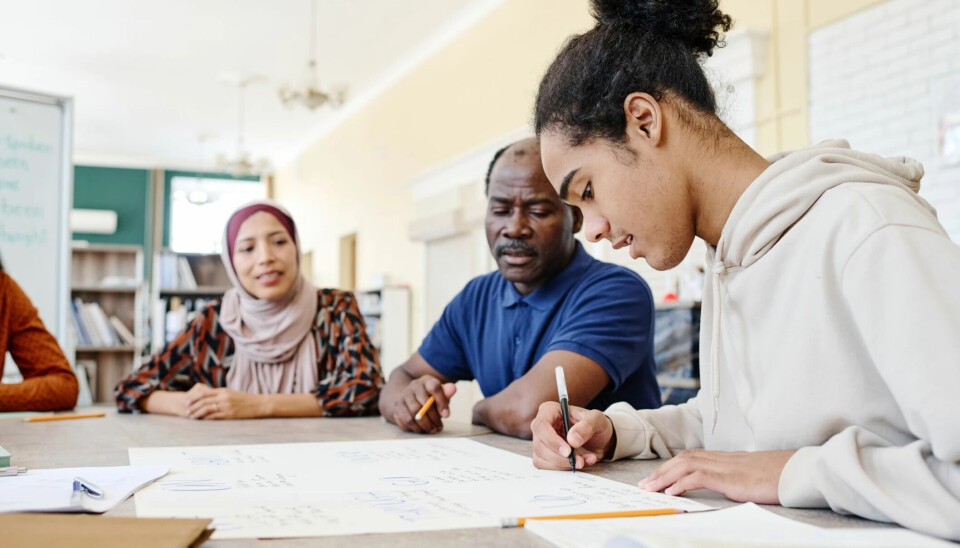
Norwegians are becoming increasingly positive towards immigrants
As many as 87 per cent agree that most immigrants make an important contribution to Norwegian working life. More and more people are also positive about refugees, according to figures from Statistics Norway.
The majority of Norwegians feel comfortable having an immigrant as home help, doctor, close colleague, son-in-law, or daughter-in-law, a new report states.
The attitudes towards various aspects of the country’s immigration and refugee policies, as well as towards immigrants as a group, were surveyed by Statistics Norway.
In recent years, attitudes towards immigrants and immigration have been shifting towards increasing positivity, and the results of this year’s survey indicate that this trend continues.
More people have contact with immigrants
As attitudes become more positive, there are more individuals who have contact with immigrants. Most of those who have contact report predominantly positive experiences. The workplace is the most common arena for such contact.
“We see a clear connection between attitudes and the degree of contact with immigrants and education level. Those with higher education tend to be more positive than those with only primary or secondary education. Additionally, women are often more positive than men, and younger individuals have more immigrant-friendly attitudes than older individuals,” the report reveals.
There is also a distinction between urban and rural areas in the survey. People living in densely populated areas often have more positive attitudes towards immigrants than those living in sparsely populated areas. This can be linked to the fact that ‘urban’ individuals often have higher education and more contact with immigrants compared to ‘rural’ individuals.
Positive attitudes towards accepting refugees
The general trend is clear. In the early 2000s, only 5 per cent believed it should be easier for refugees and asylum seekers to obtain residency in Norway. Today, 22 per cent hold this opinion.
In 2003, 56 per cent believed it should be more difficult to obtain residency in Norway, and 37 per cent believed it should remain the same as it is today. 20 years later, these figures have shifted to 9 per cent and 58 per cent, respectively.
“The war in Ukraine and the influx of refugees from there may have played a role in the past year. Norwegians have tended to be more positive about accepting refugees following the outbreak of war,” Statistics Norway writes.
More individuals in Norway also have a positive attitude towards cultural diversity, and fewer believe that it should be a goal for immigrants to become as similar to Norwegians as possible. Additionally, fewer people see immigrants as a source of insecurity.
———
Translated by Alette Bjordal Gjellesvik.




































